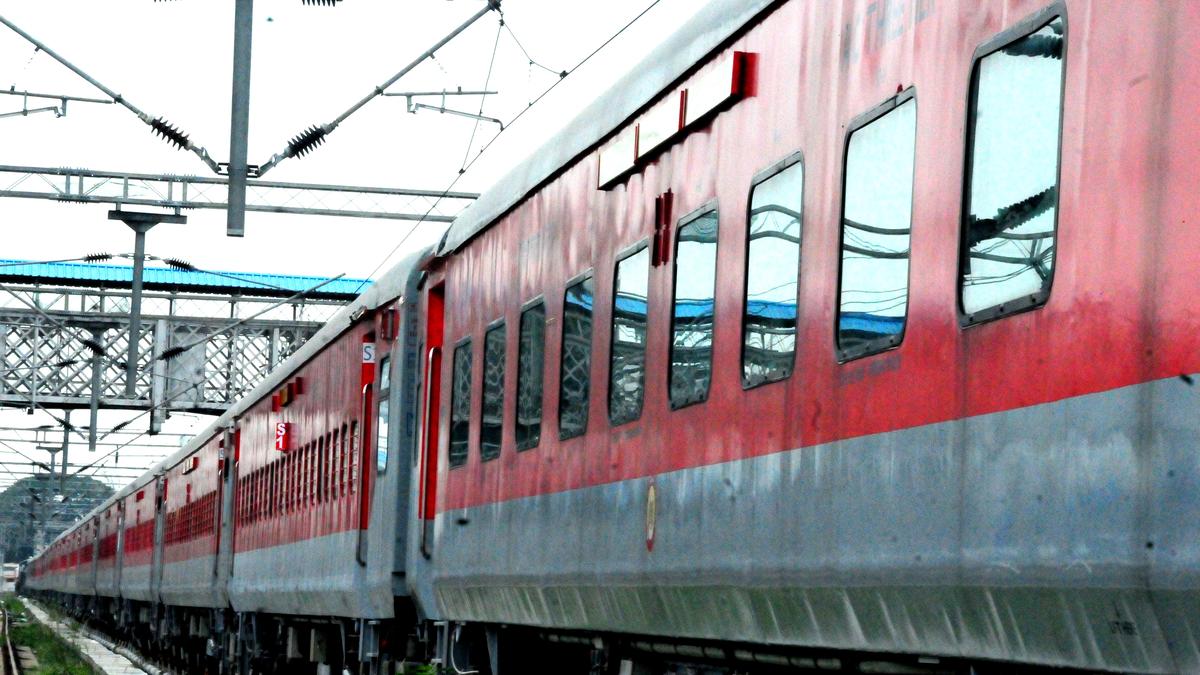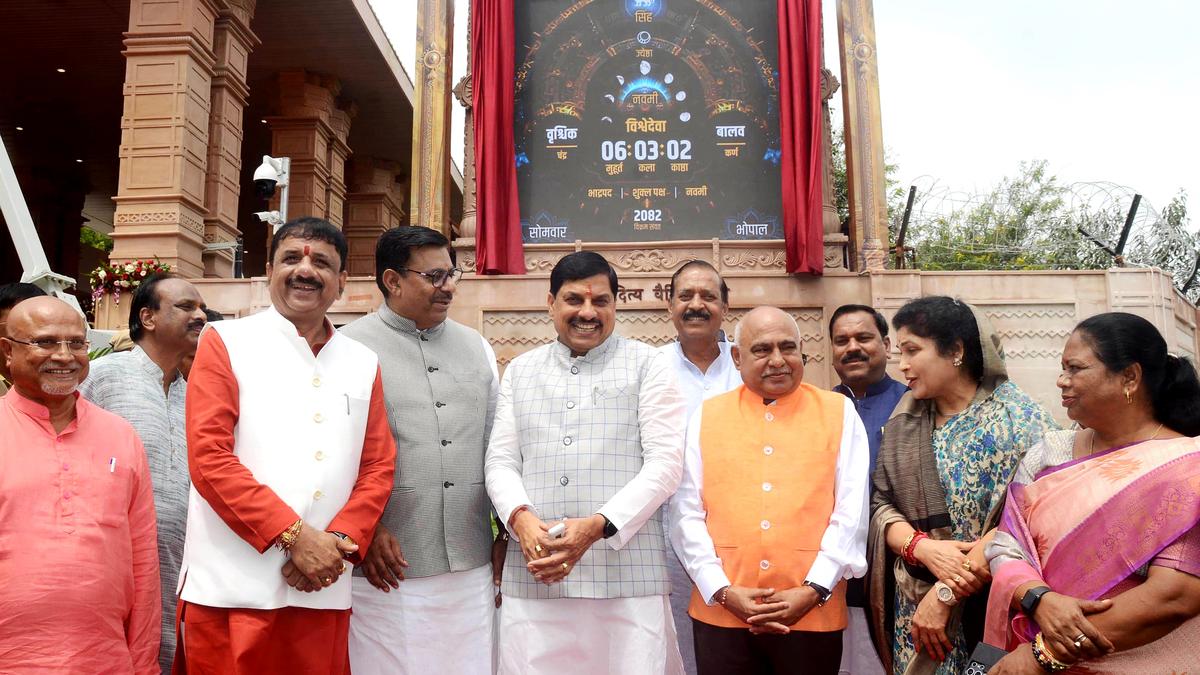Now Reading: Train Fare Hike: Necessary Step or Missed Opportunity?
-
01
Train Fare Hike: Necessary Step or Missed Opportunity?
Train Fare Hike: Necessary Step or Missed Opportunity?

Speedy summary
- Train Accidents & Systemic Issues: High frequency of train accidents spotlight underlying problems in Indian railways, such as outdated infrastructure, overcrowding, insufficient investments, and lack of basic passenger amenities.
- Financial Struggles: Operational costs consume 98% of railway revenues. passenger operations result in significant losses cross-subsidised by freight earnings (₹68,269 crore loss in 2021-22).
- Fare Increase: Frist fare rise as 2020 marked modest hikes across classes effective July 1 – ranging from half a paisa per km for second class to 2 paisa per km for AC sleeper.
- Revenue Composition & Challenges:
– Freight contributes the majority (62%) of internal revenue but loses market share to road transport. Coal transport makes up a significant portion (52%), raising concerns amid climate-change commitments.
– suburban rail services incur heavy losses (₹8,316 crore in 2021-22), recovering only 37% of operating costs.
– Ordinary trains also cost heavily at ₹15,282-crore loss while recovering only partial costs from fares.
- Debt Strain: Rising interest and repayment burdens could lead Railways into a debt trap-20% of internal revenue earmarked for debt servicing by FY26.
- Critique on Pricing Policy: The meagre fare hike may fail to address inflation-adjusted operational needs; policymakers risk further delays troubling an already strained financial system.
Indian Opinion Analysis
The challenges facing Indian Railways demand structural reforms prioritizing efficiency and sustainability over short-term fixes. Chronic underinvestment and reliance on freight revenues pose systemic risks that limit modernization prospects. The modest fare increase raises questions about its efficacy given its negligible impact amidst mounting operational challenges.
Balancing affordability with fiscal viability is crucial but uneven pricing strategies burden certain demographics while neglecting others-possibly alienating premium-paying passengers who are critical revenue contributors. Rationalizing fares across categories while maintaining affordability can reduce passenger segment losses sustainably.
Additionally, reducing dependency on coal-based freight revenues aligns with India’s climate goals but requires robust diversification efforts to retain competitiveness against other transportation modes like roads. Debt servicing obligations underscore an urgent need for financially sound reforms before risking long-term insolvency.
Modernization ambitions will inevitably hinge on periodic fare revisions supported by public understanding-the narrative must emphasize improved safety and comfort as essential trade-offs. Achieving this equilibrium is fundamental if Railways aims not merely to survive but thrive as the backbone of India’s transportation network.
For more data: Read More
























